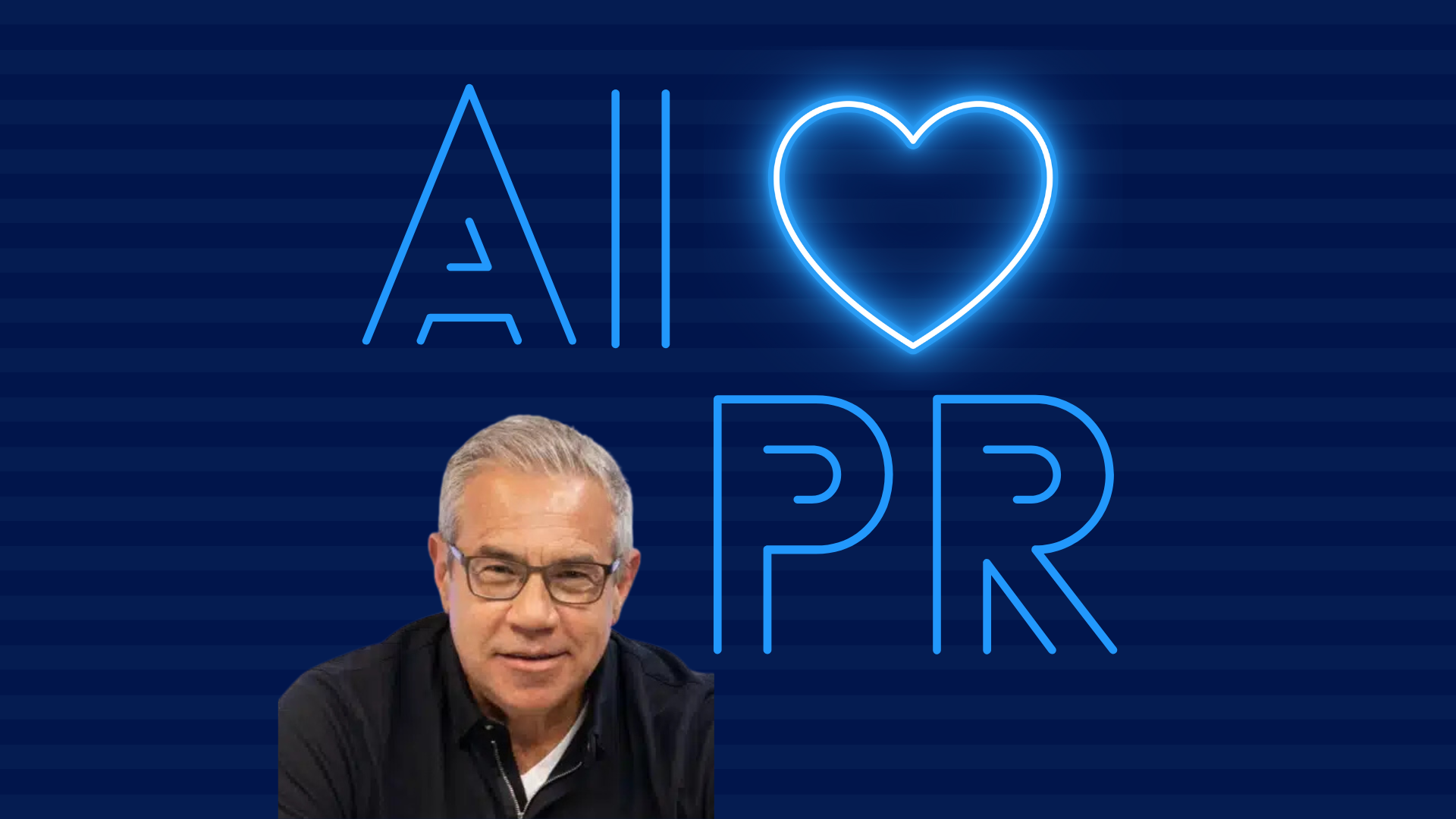In this episode of AI Loves PR, Greg Matusky, founder of Gregory FCA, offers a clear look at how AI is transforming the communications industry through the lens of hyper-personalized messaging and the pressure cooker of modern crisis response. An early adopter, he is bullish on the professional and personal benefits he has seen by experimenting with AI.
“AI allows us to create messaging that’s deeply relevant to the audience,” Matusky explains. “We can tailor tone, length, format—whatever we need—based on who we’re trying to reach.” This kind of real-time customization, he argues, was once impossible at scale and now offers communicators an edge in both resonance and reach. AI helps handle the mechanical and structural aspects of writing, allowing communicators to put more energy into the substance of what they’re saying.
Crisis communications, too, is undergoing a fundamental shift. “The days of having hours to respond are over,” he says. “You’ve got minutes. And the narrative is already being written by AI, by search engines, by social algorithms.” In this landscape, Matusky believes brands need to preload smart, adaptable responses that evolve as the situation unfolds.
At Gregory FCA, embracing AI early has already paid off. Matusky described an AI-powered platform his team built for crisis communications. The system starts by learning about the client: key stakeholders, potential crisis scenarios, and the crisis response team. When activated, it prompts users with questions like when the crisis was discovered and how severe it is, using a threat scale to guide urgency. From there, it generates a full stakeholder map, identifying pain points, key messages, and delivery channels for each audience, streamlining the entire crisis response process.
The episode ends on a more personal note, with Matusky sharing a side project that blends AI with memory: building virtual versions of loved ones who have passed. “Virtualizing important people in my life allows me to turn to them for advice, hear their stories, and remember the role they played in shaping who I am.”


